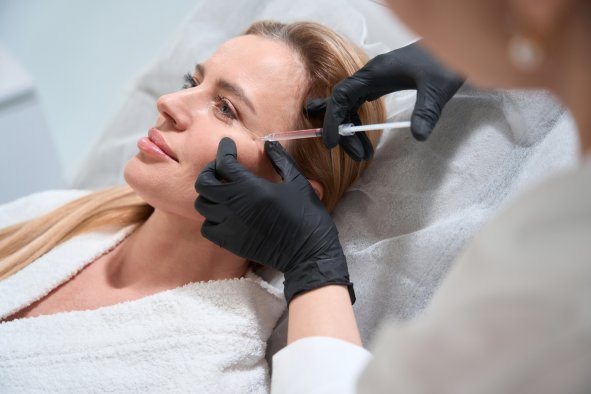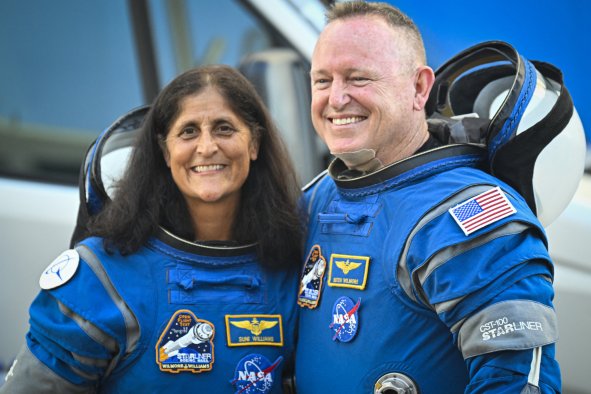An increasing number of Americans believe vaccines are more dangerous than the illnesses they are designed to prevent, a new poll has found.
One in five Americans in 2024 thought this was the case, an increase from 11 percent in 2019 and six percent in 2001, the Gallup poll conducted from July 1 to 21 shows.
There was also a political divide shown in the data over the concern about the safety of vaccines.
Gallup found that 31 percent of Republicans thought vaccines were more dangerous than the diseases they were designed to prevent (an increase from 12% in 2019), while only 5 percent of Democrats felt the same way (a decrease from 10 percent in 2019).
The report notes, "Republicans' confidence in childhood vaccines has plunged over the past five years, resulting in a significant decline in Americans' overall belief that these vaccines are important."
The report noted that 13 percent of American adults thought certain vaccines could cause autism, which is an increase from 10 percent in 2019 and 6 percent in 2015. Republicans are more likely to believe this — 19 percent of Republican polltakers compared to 4 percent of Democrat polltakers.
This belief likely stems from a 1998 paper published by the medical journal The Lancet, in which British doctor Andrew Wakefield reported a link between the MMR vaccine and autism. The study has since been discredited and retracted by the journal, and Wakefield's licence to practice medicine was stripped.
The report also reflected on the impact of the COVID-19 pandemic, as Gallup found that far fewer Republicans (19 percent) than Democrats (90 percent) said they would allow a child of theirs under the age of 12 to be vaccinated for COVID-19 once the vaccine was approved for the age group.
The report said, "This political divide reflected the tendency for Democratic elected officials and party supporters to follow guidance on COVID-19 provided by medical authorities, while Republican elected officials and Republican identifiers were often skeptical of the reliability of that information."
The Gallup poll also shows that fewer Americans consider childhood vaccines important now than they used to, with 40 percent saying it is extremely important for children to be vaccinated, down from 58 percent in 2019.
The same disparity between Democrats and Republicans surveyed was shown in this part of Gallup's data: in 2024, 26 percent of Republicans thought it was extremely important to have their children vaccinated, down from 62 percent in 2001, while 63 percent of Democrat leaners thought it was important, down only from 66 percent in 2001.
Do you have a story we should be covering? Do you have any questions about this article? Contact LiveNews@newsweek.com.
Disclaimer: The copyright of this article belongs to the original author. Reposting this article is solely for the purpose of information dissemination and does not constitute any investment advice. If there is any infringement, please contact us immediately. We will make corrections or deletions as necessary. Thank you.




